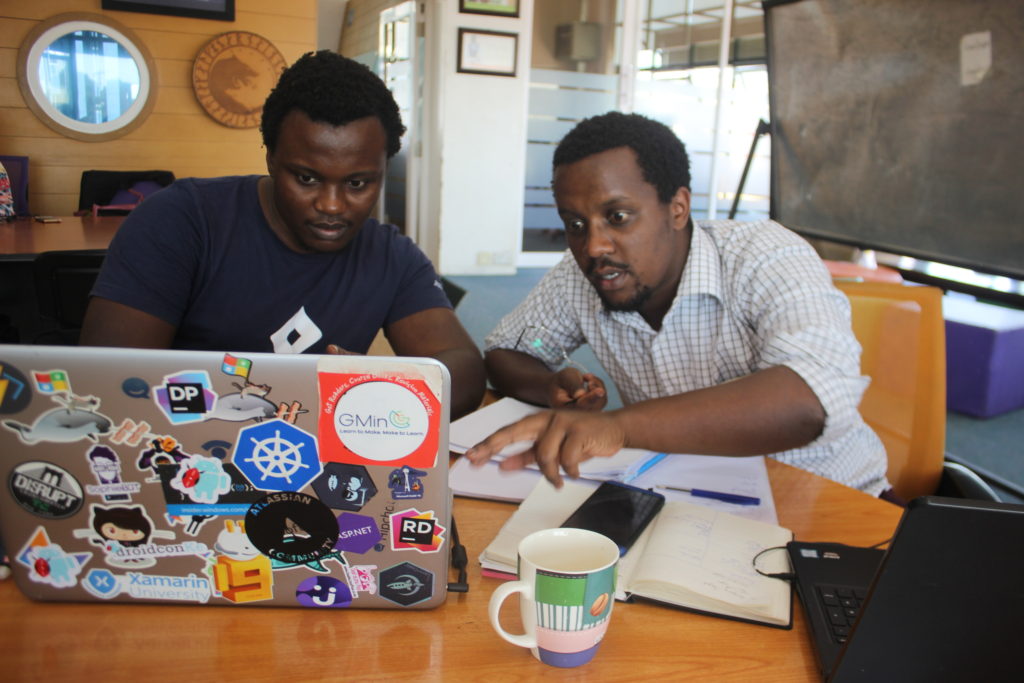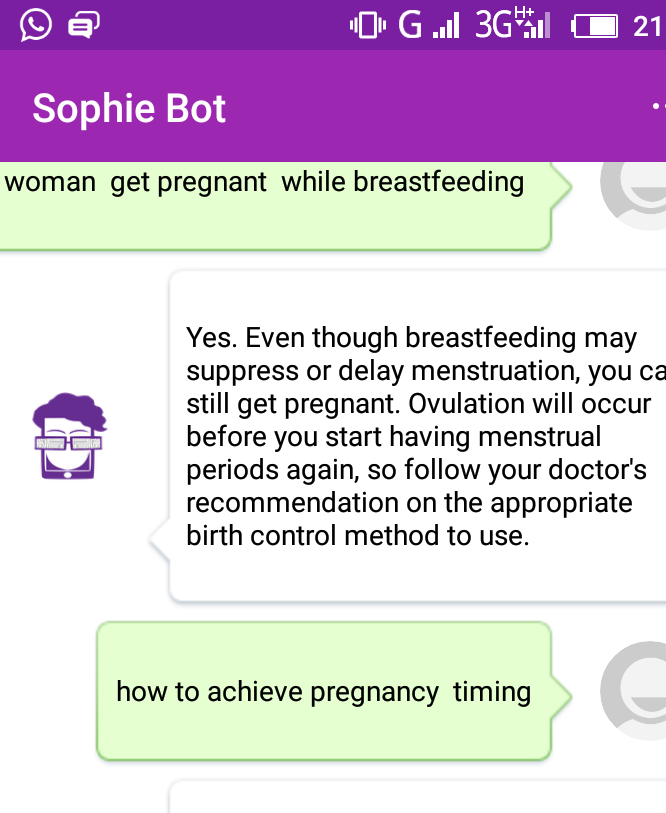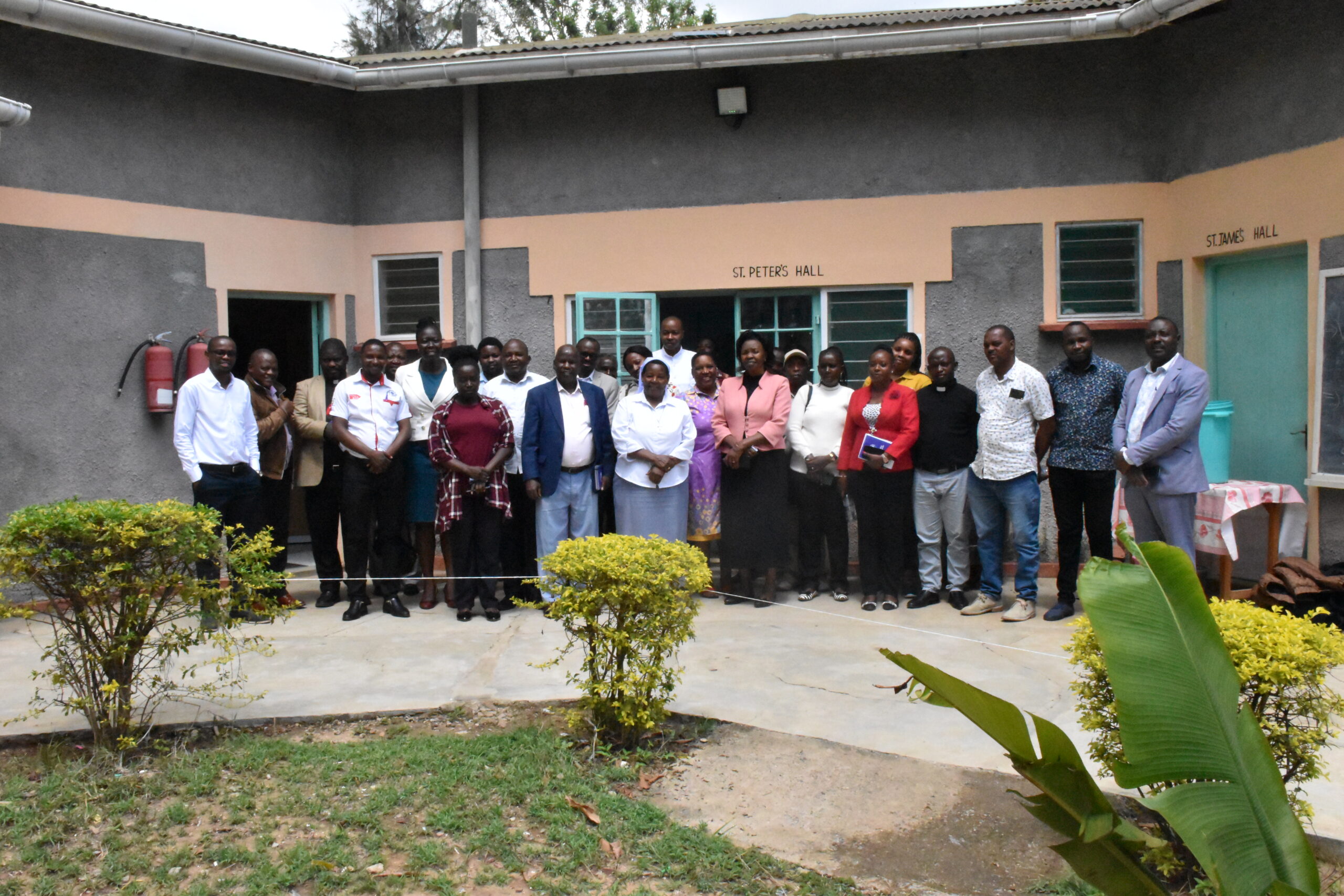By Lilian Museka
Sex education among the youths remains to be a very sensitive subject in Kenya. Controversy continues on whether it should be introduced in schools or not.
To bridge this gap, innovators have come up with an app that helps youths access reproductive health information at their comfort.
In 2014, Nominated Senator Judith Achieng had presented the Reproductive Health Care Bill seeking adolescents to be allowed access to comprehensive sexual education and confidential services. However, the bill was shot down by the senate house that said its sailing through would introduce young children to immorality.
Despite the Kenya Demographic Health Survey (KDHS) 2014 report showing that young people of ages between 15-19 have either given birth or pregnant with their first child, religious leaders have also continuously opposed it.
In 2015, the Kenya Government through the ministry of health had launched the National Adolescent Sexual and Reproductive Health Policy 2015 (ASRHP) aimed at empowering young people with information to help them make informed decisions, but this was still opposed by several stakeholders including parents , the church and some politicians.
The resultant of the endless discussions and lack of conclusion of the matter has led to many early pregnancies’, unsafe abortions, early marriages and more widespread school dropouts, mainly affecting girls.
A 2018 data analysis by African Population and Health Research Center indicates that cases of pregnancies among young girls had shot up with motherhood rate standing at 18 percent. It shows that one in every five adolescent girls aged between 15-19 years has either given birth or pregnant with the first child.
This, the analysis says has led to increased school dropouts or being at risk of unsafe abortion. The cause of this was attributed to most adolescents having sex at a tender age.

Sophie Bot CEO Irving Amukasa (left) explaining to Muraguri Nguyai howto use the app
In Kenya, most young people are sexually active before the age of 18 years and this is largely blamed on introduction of technology that has led to access to mobile phones that can access internet.
“Lack of proper sex education, varied attitudes and traditional values tend to take centre stage and adults are never comfortable talking about this issue with their young ones. This means young people don’t get education they need to make informed choices. They end up shying away from discussing sex when faced with questions and this leads to devastating consequences,” says Irvying Amukasa, Co-Founder, Sophie Bot
Sophie Bot is an Artificial Intelligence that is fed with verified information on sexuality and sexual reproductive health and relays the information to its users through conversations that are driven by text or voice chats. Her features include anonymous forums and digital chat bots built in on the app.
Sophie Bot is accessible by anyone who may want to ask a question on sexual education.” Our initial target was the youth aged between 18-24 years but we realized people of all ages were asking varied questions,” says Amukasa
The app aims at helping answer questions on sex and understand their sexual reproductive health by engaging with credible sources of information in a safe, anonymous and un-stigmatized environment.
“To start using it, one gets on the app’s website misssiphie.ml and find direct links either on Messenger, telegram, DM, Twitter or by downloading the app. Ask her any questions about sexuality and reproductive health. She is fed with knowledge of the topics regarding sexual reproductive. For example you can anonymously ask her ‘what is sexual health’ and you get am reply within seconds.” says Amukasa.
The app was launched in 2016 on the appstore with three questions being asked on the same day. Six months later, the number of questions rose to 30 per week steadily rising to 1,000 per week. However due to slowness of the system which lowered the rate at which answers were being given, questions declined to 300 per week.
“We are still working on how to improve the speed of the system so that we do not have a backlog of unanswered questions. We need to find a way to make Sophie learn faster and answer unconventional question otherwise we will have a lot of unanswered queries which puts us below user expectations. ,” adds Amukasa.
Users are drawn from 155 different countries with Kenya having upto 66 percent users.
But how does Sophie get her content? Amukasa says they get approved curriculum from United Nations Population Fund (UNFPA) who are the main partners of Sophie Bot by virtue of funding the three innovators to a tune of 10,000 dollars (Roughly Ksh 1.03 million). The trio also got funding from Equity investment amounting to 40,000 dollars (Ksh. 4.1 million) and other accelerator programs they have been involved in.
“Currently we don’t make any revenue from Sophie Bot. We are still relying on the seed funding but in the next two years, we look forward to working in partnership with Microsoft who are currently offering us cloud computing solutions, and also undertaking consultancy for various organizations,” he adds.
But what inspired the trio to come up with Sophie Bot? “Derrick Muriithi, the Technology Manager, Beverly Mutidi, the one in charge of Operations ad Finance and I being the CEO, we all met at the University (Jommo Kenyatta University of Technology – JKUAT). Muriithi and I were developers while Beverly was a researcher on sexual issues. Two of my relatives had just passed on due to the AIDS scourge. We quickly thought of something that could be used to pass education on reproductive health anonymously. That’s how Sophie Bot came about.
But why the name Sophie Bot? “Sophie was a young lady who made all wrong decisions in life since she dint have information on sexual reproductive health. We therefore wanted to honour her and retained the name Sophie,” Amukasa says.
Sophie Bot has however had her shares of challenges. Amukasa says that they have to constantly improve on the solution to ensure full access and quick responses from users, which he says has not been easy. He also names using other people’s research to answer questions as another challenge adding that “in future we are looking at developing our own research by thriving in our own local talent through the google impact challenge which awards talented researchers and innovators.
“We hope we will succeed in the challenge with the hope that we can set up a pool of our own talents to do the research work,” says Amukasa.













